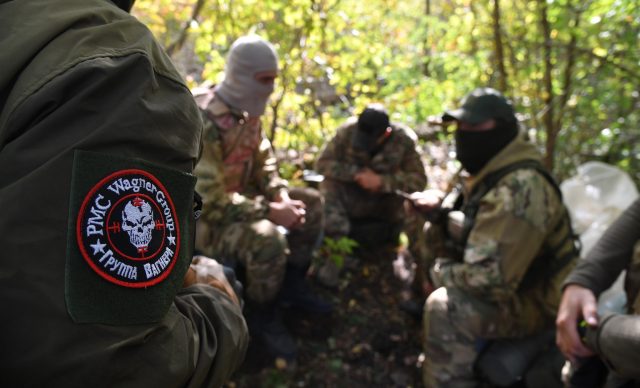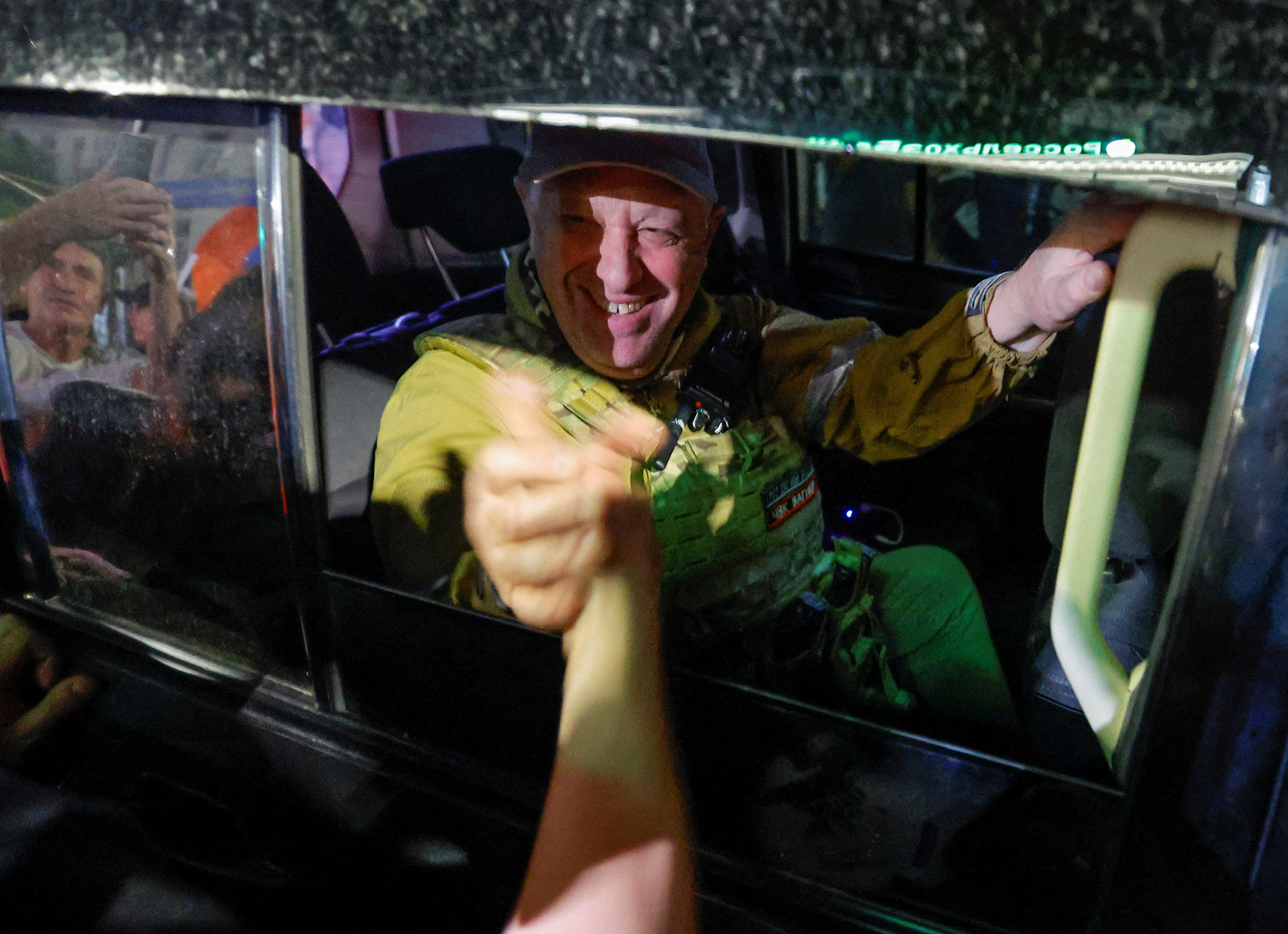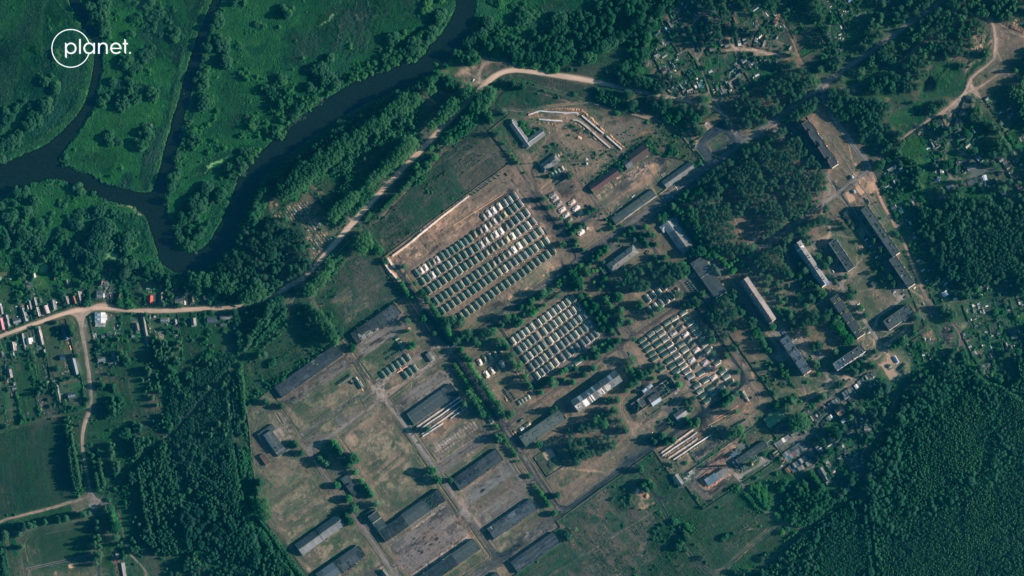
Every day after Yevgeny Prigozhin’s short-lived mutiny the international press was filled with headlines about the potential future of the mercenary Wagner Group. Hailed as heroes by the warmongering part of the Russian population, but declared “traitors” by Putin on the 24th of June, reports about serious crackdowns on the group surfaced. Headquarters were raided, lists were made and a Russian MP (Viktor Sobolev) even proposed a law that would officially ban the mercenary company, with up to 15 years prison time for citizens or soldiers who join its ranks.
After all, not only did Prigozhin break censor laws by publicly criticizing the leadership of the regular Russian army on his already infamous telegram channels, not only did he make “the motherland” seem extremely weak to an invading force that would rush its capital, but he committed the only sin that Vladimir Putin stated he could not forgive, betrayal.
However, because of Wagner’s popularity among Russian citizens, and in order to minimize events in the eyes of the world that nearly saw civil war on the streets of Moscow, a concession was reached with the help of Lukashenko that guaranteed Yevgeny Prigozhin a pardon for his crimes and a safe haven in Belarus.All of this on the 24th of June. Just like a movie with a happy ending, it seemed all characters involved resolved their differences and Prigozhin proceeded to leave Rostov to a hero’s goodbye from the people on the streets of the city which his troops took without effort just the day before.

But, on the 26th of June, on Monday, Putin vowed that that the heads of the rebellion will be “punished harshly” and that the only options for Wagner troops were join the official military or go home. Prigozhin’s men were already handing their heavy weaponry and tanks to the military officials and the man who was guaranteed safety seemed to have disappeared. He spoke to Russians and to those watching the political drama unfold on the internet via voice message, assuring the public that his actions were not meant to overthrow the regime but rather “protest” how unjustly “his boys” have been treated.
But his mercenaries were already heading towards the official military branches. Or were they? That’s when the first post-mutiny problem arose. Russia does not pay fighters as much as Prigozhin. Prior to the Ukraine war, Wagner compensated its fighters with monthly payments ranging from $3,000 to $5,000. However, according to intelligence sources, those rates have now been increased to $10,000. The Ministry of Defense, on the other hand, delivers only a quarter of that.
Wagner’s future was uncertain, with some political commentators speculating it will be rebranded or focused solely on Africa. Moreover, Prigozhin’s “troll farm” operated as well by Wagner, that helped spread pro-Kremlin propaganda in the young Eastern European democracies was closed. Russia took action on Friday (30th of June) by imposing a block on the websites of online media outlets such as Ria Fan, Politics Today, Economy Today, Neva News, and People’s News. These outlets were operated by individuals associated with the same network.
It seemed Wagner was slowly but surely fading into history. However, on the 1st of July, an investigation published by the BBC revealed that their recruitment centers were, in fact, still operating. The journalist (pretending to be interested in adding her brother to the militia) referred to the extensive roster of Wagner’s contact points, which primarily consist of fight clubs, including martial arts schools and boxing clubs. She was told things are going “business as usual”, with contracts for fighters still available, and no ties to the Ministry of Defense.
On the same 1st of July, Lukashenko announced that the PMC will now operate from Belarus, with satellite images revealing new camps being built on large fields for the “wagnerians”. He praised their combat experience and declared that they will be training his own troops. In response to the announcement, Poland, Lithuania and Latvia have tightened border security with Belarus, concerned by possible operations the group could launch against them – even bring African migrants over their border.

So what is the next armed conflict for Wagner? Although the specific nature of its future involvement in Ukraine remains uncertain, it is likely that the Wagner Group will persist in conducting operations in other regions, predominantly Africa and the Middle East, in furtherance of Russia’s interests, says western intelligence.
The shutdown process could be characterized as mostly theatrics, due to the fact that recruitment in Russia is still ongoing. Furthermore, Belarus has been one of the staging areas of the first direct attack against Ukraine on the 24th of February, 2022. The physical and abstract concept of a border is not a guarantee against another Wagner operation on Ukrainian soil. Especially given the short distance between said border and the camps where the mercenaries will be stationed – 200 kilometers.
As for Prigozhin, Russian media sources that spoke to western journalists claim that the new Kremlin policy is for him to never be mentioned again. But he was never a TV darling, with most of his fame being built on the internet, and hyped by military bloggers. Hints that his story is not over came on the 4th of July, when several telegrams account transmitted a new voice message that the warlord had for the world:
“I want you to understand that our ‘March of Justice’ was aimed at fighting traitors and mobilizing our society. In the near future, I am sure that you will see our next victories at the front. Thanks guys!”



 Subscribe
Subscribe